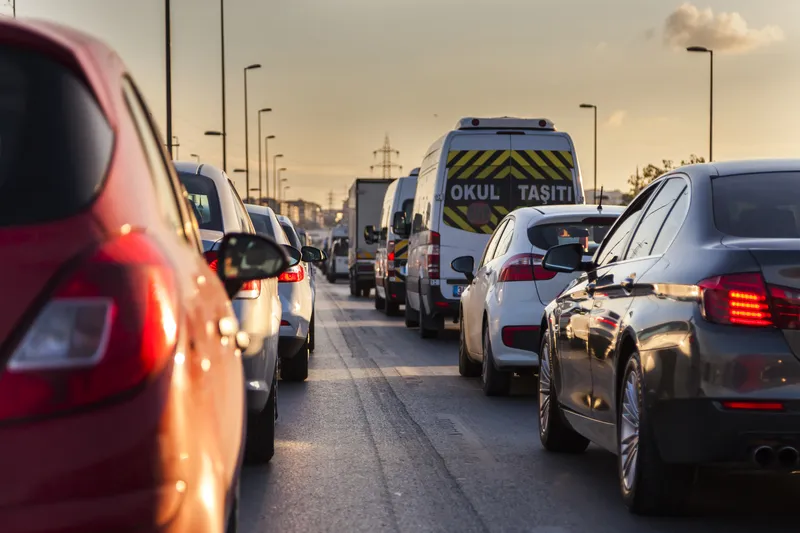
Istanbul has turned to analytics to help sort out its traffic problems.
The Turkish city has congestion issues, with its population doubling over the last 20 years to 16 million people.
The Istanbul Metropolitan Municipality (IMM) has brought in software analytics specialist SAS to create smart-city digital infrastructure.
Using SAS Viya, its cloud-native, AI and analytics platform, "Istanbul’s engineers and planners can better understand, forecast, and manage the city’s traffic challenges", Sas insists.
The new system is powered by AI and machine learning running on SAS Viya, analysing historical traffic data and incorporating live data feeds from sources which include traffic cameras, sensors, data readers, mobile applications and payment gateways.
The results can be used to optimise bus routes, and IMM road operations can better control traffic signals and notify drivers in real time of difficulties - such as collisions, lane closures and congestion - through digital signage and mobile apps.
“With SAS AI and analytics, Istanbul’s municipal government can assess traffic conditions in real time, anticipate congestion trouble spots, and intelligently route traffic and guide citizens on their journeys,” said Naim Erol Özgüner, CIO of IMM.
“This helps reduce congestion, lower pollution levels, and improve the quality of life for our citizens. The SAS-powered system supports Istanbul’s sustainability goals, restores public confidence in mass transit, and ultimately improves traffic flow that leads to better economic opportunities.”








